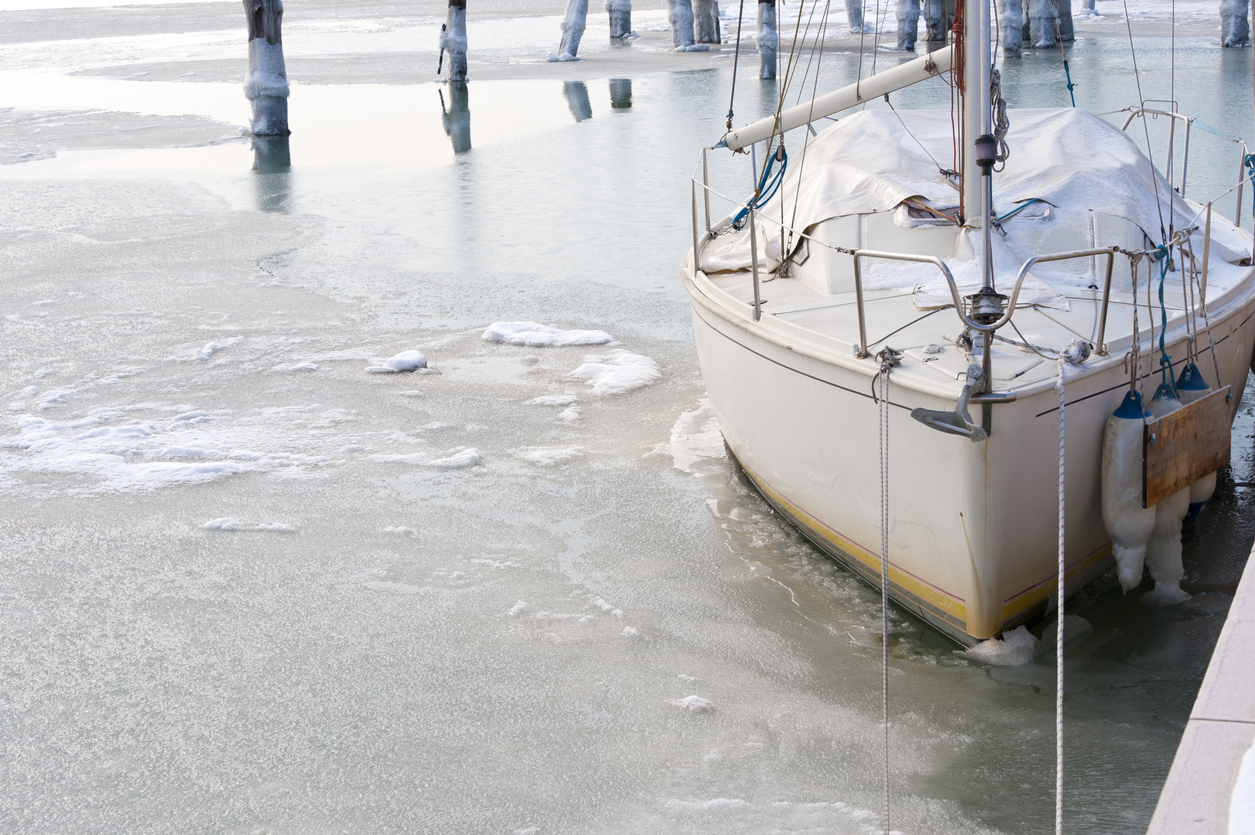When the forecast begins calling for cold temperatures, you know the boating season is drawing to a close. With a sigh, you start making plans for storing your vessel until the mercury rises, and you can once again take to open waters. Before the temperatures drop below the freezing mark, you need to make sure your craft is winterized so that it remains in a condition to cruise when spring rolls around.
Obtaining OC boat insurance for freeze damage offers you protection in cold climates. However, taking the appropriate measures now can reduce the potential for time-consuming repairs when you are ready to get out on the water in the spring. Here are some tips on how to properly winterize your boat.
What Should You Do To Winterize Your Vessel?
The greatest potential threat to your boat is the freezing of fluids. You need to protect the components that use water or other liquids to function. Different parts require different actions for winterization.
- Engine prep: Make sure that any water in your engine has been completely drained and dried out. To protect your engine further, apply an anticorrosive.
- Fuel system prep: The fuel system requires a fuel stabilizer to prevent chemical separation. Be sure to run the engine after you’ve added the additive to distribute it through the entire system. You should also change your separators and fuel filters after you’ve finished adding the stabilizer.
- Plumbing system prep: All of the tanks, heads, and sinks need to be drained and emptied. After you’ve completed this, add antifreeze to the systems.
- Water system prep: All other components that hold water also need to be emptied and dried out. This includes the bilge pump, the raw water washdown, and the livewell tank if you have it. Double-check your entire boat to make sure you haven’t missed any holding tanks or containers.
- Drain system prep: Remove all of the drain plugs on your boat and store them in a safe and easy-to-remember place.
What Happens if You Don’t Winterize Your Boat?
When water freezes, it expands. If you don’t remove the water, you run the risk of cracking your engine block, fuel and water lines, pipes, and tanks. Furthermore, when you do not add a fuel stabilizer to your gasoline system, your engine is at additional risk. If there is ethanol in the gas, as is most often the case, it absorbs moisture over the course of the winter. This results in the separation of the ethanol from the gasoline and leaves a caustic mixture in your tank, which may cause engine damage.
You may be able to add freeze coverage to your OC boat insurance, but if you do not have it, you are responsible for the cost of repairs and replacement. Even with the right boat insurance coverage, the process of repairing or replacing damaged parts can substantially delay the start of your boating season.
About Mariners Insurance
Mariners General Insurance Group was founded in 1959 to protect boat owners and marine business clients. We are marine insurance experts and insure boats worldwide – in every ocean on the planet. Marine insurance is critical if you own a boat or nautical business. Trust the professionals with all of your Boat Insurance needs – trust Mariners Insurance. Call us at (888) 402-5018 any time you have questions or concerns about insurance for your vessel or marine business.
